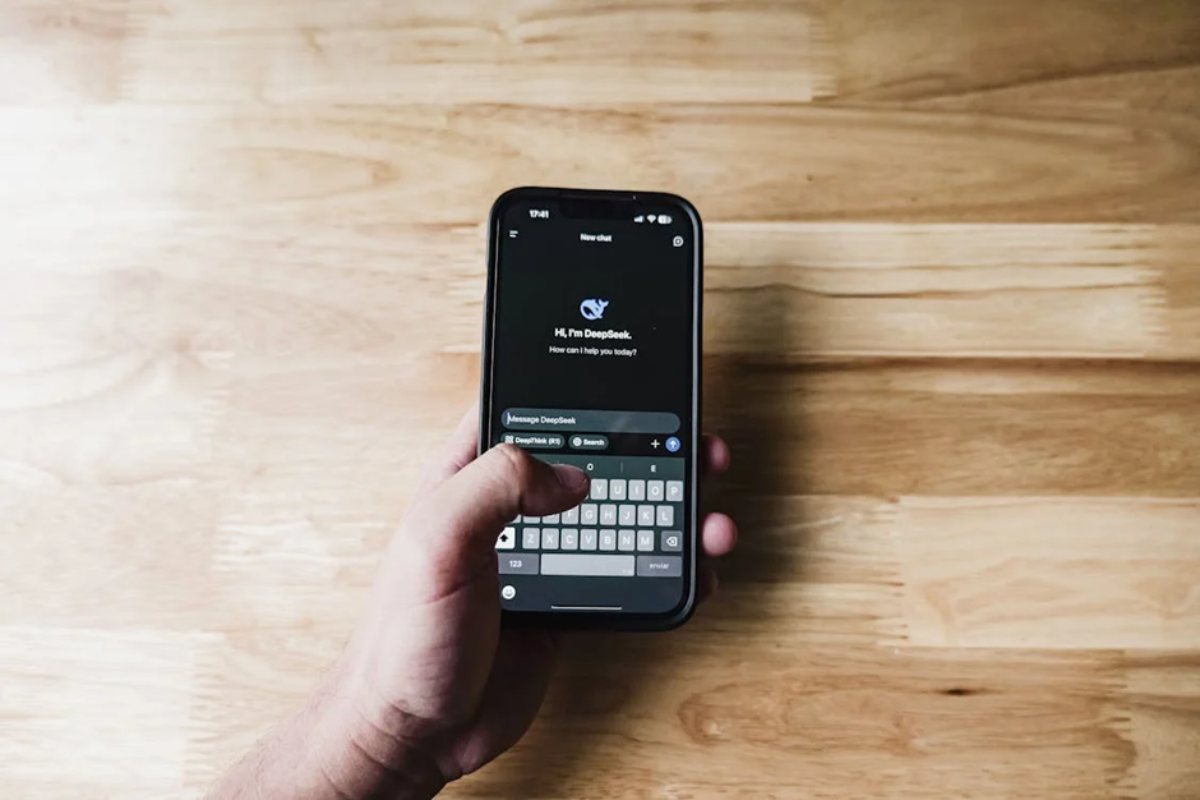Artificial intelligence has rapidly emerged as a central element in modern consumer electronics. AI is in gadgets from smartphones to smart homes, improving usability. This technology makes devices more intuitive, responsive, and easier to use.
AI is shaping the future of consumer technology. AI gadgets stand out because they learn from users and adapt. AI will make daily life more convenient and personalized.
Table of Contents
Smart Assistants and Their Impact
One well-known AI use is smart assistants like Alexa and Siri. These helpers let users control devices by voice, making tasks easier.
AI-powered assistants can understand natural language and respond in real time. Over time, smart assistants have become more reliable, simplifying daily user tasks.
Assistants help people with disabilities access technology. Assistants make technology accessible to people with disabilities.
AI assistants will handle daily tasks with greater ease.
AI in Home Automation
AI-powered home automation has redefined the concept of smart living. Security cameras, smart thermostats, and lights use AI for efficiency.
AI security systems detect threats and alert homeowners in real time. Smart lighting adapts to natural daylight and user preferences, creating personalized lighting experiences.
These innovations increase convenience while saving energy and improving safety. AI expansion in home automation creates smarter, more connected living spaces.
Personalized Recommendations and Content Curation
AI has significantly transformed how people consume digital content by curating personalized experiences. Netflix, Spotify, and YouTube use AI to recommend content. Personalization helps users find movies, music, and shows they like.
E-commerce sites use AI to suggest products based on browsing and purchases. This personalization enhances user satisfaction while also boosting engagement and sales. AI curates news and social media feeds based on user interests. Customization improves the experience but raises concerns about filter bubbles and AI bias.
AI-Driven Healthcare Gadgets
Healthcare technology has seen remarkable advancements with the integration of AI. Fitness trackers and smartwatches use AI to track heart rate, sleep, and activity. These gadgets give users real-time health insights, helping them make better lifestyle choices. AI tools help doctors analyze patient data to detect early disease signs.
AI helps glucometers, blood pressure monitors, and ECGs give accurate readings and advice. I also help mental health by assessing stress and suggesting mindfulness exercises. As healthcare evolves, AI improves prevention, early diagnosis, and personalized care.
The Ethical Considerations of AI in Gadgets
AI-powered gadgets offer benefits but raise ethical concerns about privacy. Many devices collect and process large amounts of user data. Questions arise about data storage, access, and how they’re used. Consumers want transparent policies and stricter security for AI devices.
Biases in algorithms affect decisions, from content recommendations to hiring. As AI technology advances, companies must rank ethical considerations and fairness. AI-powered gadgets need to operate in a secure, fair manner and be free from bias.
Conclusion
AI no longer exists as a futuristic concept – it embeds itself in the very fabric of daily life. From smart assistants to healthcare gadgets, AI shapes technology interactions. These advancements offer convenience and personalization, but also present challenges.
One such challenge is to find repair shops that can help you with the gadgets that allow you to access AI tech. A reputable computer repair shop in NYC is what you need if you happen to live in or visit the Big Apple.
As AI evolves, consumers remain aware of the benefits and risks. Companies must ensure responsible AI development, respecting ethics and user privacy.
The rise of AI in gadgets shows technology’s limitless potential today. As AI progresses, its influence on daily life will grow stronger. Understanding AI in electronics helps people make informed decisions and adapt.

